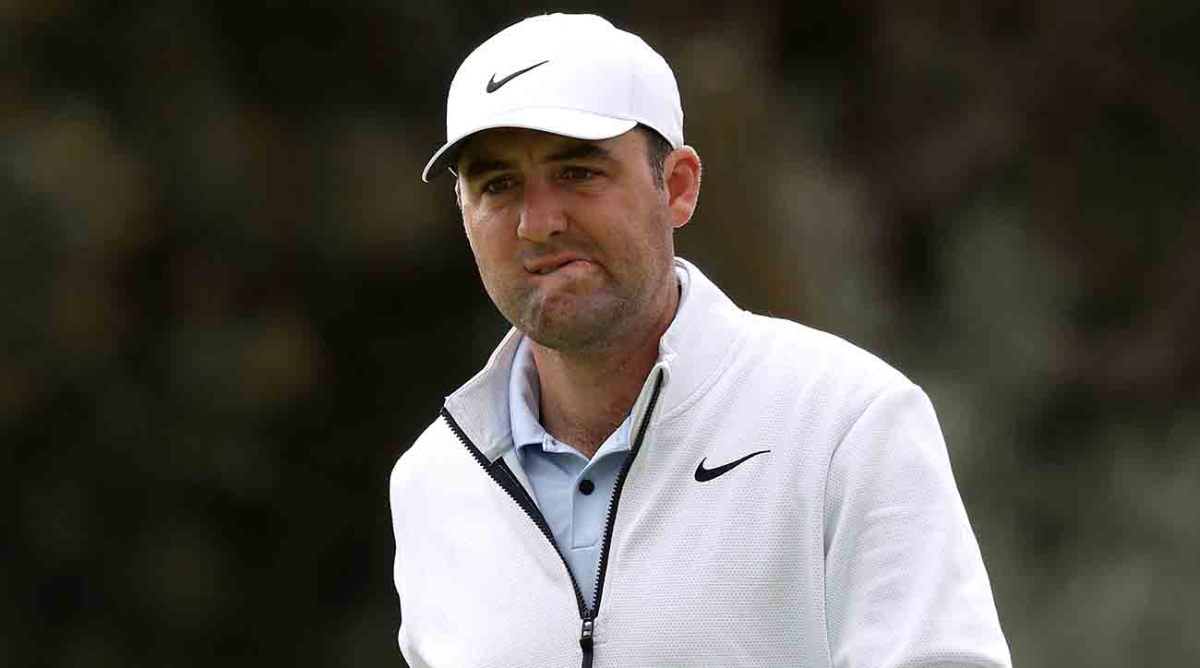What I Learned: Scottie Scheffler Is a Dubious World No. 1
Every Monday Alex Miceli will share what he learned from the previous week in golf.
I learned a lot this week, which made it hard to pick just one thing to write about.
- I learned that Tiger Woods is human and can succumb to the flu bug just like the rest of us.
- I learned that the combination of a player, his playing competitor and an official scorer working together all in the same trailer, can still find a way to screw up a scorecard.
- On that note, I learned that many people believe Jordan Spieth got a raw deal for signing an incorrect scorecard, though they all acknowledge it’s a rule, albeit a stupid one.
For now let's focus on the No. 1 player in the world, Scottie Scheffler, and that world ranking.
After finishing T2 at the PGA Championship last May, Scheffler has been on the top of the rankings, and since I don’t count Tiger's 20-player Hero World Challenge, the University of Texas graduate has not won since reclaiming the top spot.
That is a little wonky, but I could live with it since he has nine top 10s in that period.

But ultimately we are looking for the best player in the world, not the most consistent player.
I think what concerns me about the rankings is not that they don’t seem to be current or reflect the world of golf in total, but that a player who is ranked outside No. 100 in the world in strokes-gained putting (128th on the PGA Tour alone) is today considered the best player in the world.
Scheffler is recording some startling finishes with putting results that would make the average amateur shudder. It continued at Riviera this week.
Most professional golfers would like Scheffler’s results and bank account, so let’s make it clear this is not a personal criticism of Scheffler—his putting stroke is his putting stroke.
But it's a reminder that the world rankings continue to be flawed. Because they're an important part of the fabric of golf, they require another adjustment.
Maybe the powers that be are O.K. with the best player in the world putting like a 10 handicapper and not winning a full-field event since last year’s Players Championship. If that’s the case, then so be it.
My feeling is that wins matter, and a win is the most important and best measure of the quality of a player's game.
If Scheffler had won a full-field event in the last 11 months, then his putting struggles would be just part of trivia question. But when you realize his game is severely lacking in one of golf's most important aspects and he has not won in almost a year, it reflects on the world rankings' validity and its obvious flaws.
I don't think we need to tear it all down and go back to the drawing board, but it’s time to look at what these rankings are trying to accomplish and put a plan in place that reaches that goal.
Scheffler is a very good player, but he is not currently the best player in golf. The rankings should reflect that.
